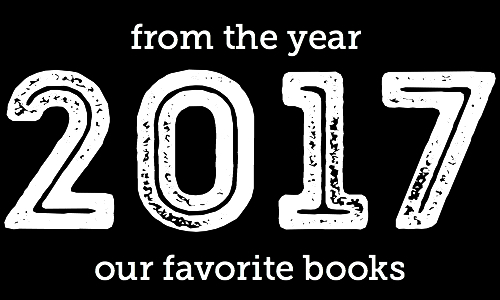
For many readers, poetry provided an essential way to understand the world around us this year. Poetry could provide a window into the life of another; it could, in a few deftly worded lines, illuminate a particular experience of perspective on the world. Here are some of the poetry collections that we most enjoyed this year.
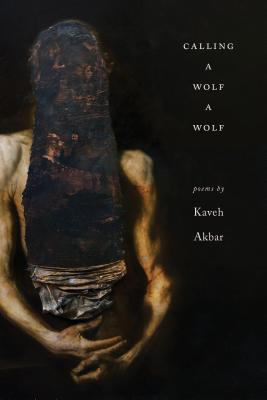
Kaveh Akbar, Calling a Wolf a Wolf
(Alice James Books)
The poems collected in Calling a Wolf a Wolf abound with unpredictability: just as you think Akbar is moving towards an exploration of one subject, he instead shifts and reveals a revelation regarding another. Here, he examines everything from language to alcoholism to desire, with more than a few lines that are utterly disarming.

Samiya Bashir, Field Theories
(Nightboat Books)
It’s nearly impossible to do justice to the things Samiya Bashir does with words, space, and layout in the poems collected in Field Theories, which range from the playful to, in a work addressing gun control, intentionally jarring and powerful. The pinpoint control over words and narratives in here is stunning to behold.
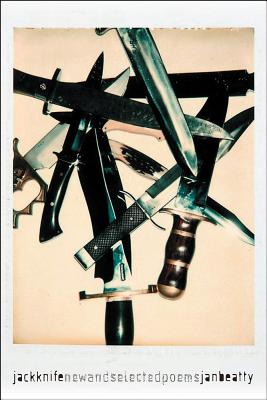
Jan Beatty, Jackknife: New and Selected Poems
(University of Pittsburgh Press)
The dedication of this collection is searing: “for women everywhere/ who are told to be nice/ and to shut up–”. That same barely-suppressed righteous anger runs through the poems collected therein, along with sharp delineations of the authorial voice and a fondness for the inner workings of how a song is played.
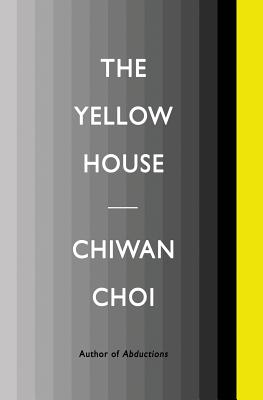
Chiwan Choi, The Yellow House
(Civil Coping Mechanisms)
Memory, place, and time collide in this collection: places shift from new to unfamiliar and back again, and the lines between the lives of others and a first-person narrative begin to blur. The result is a hauntingly evocative work, one which assembles a life and a structure through the words it uses.
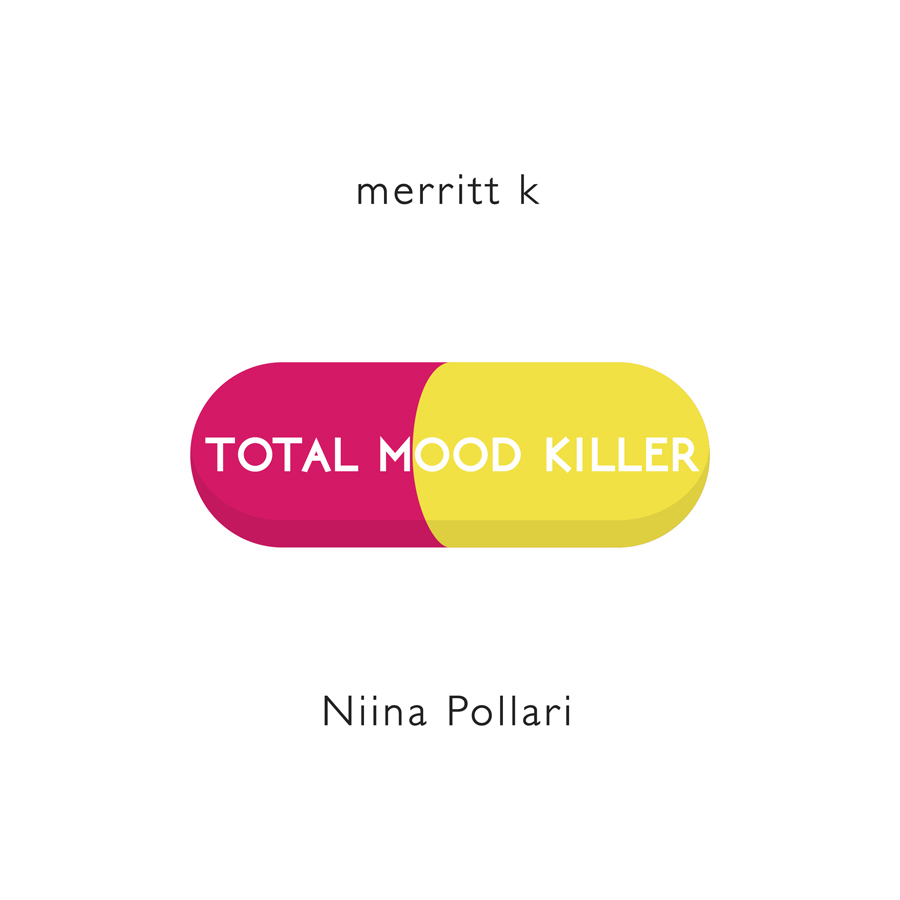
merritt k/Nina Pollari, Total Mood Killer
(TigerBee Press)
Pardon the punk rock analogy, but: you know how, every once in a while, two great bands will release a split LP where each half is fantastic but the connections between sides turn the whole thing into something greater? This inventive, technology-obsessed work is the poetry version of that, and it’s terrific.

Erica Lewis, Mary Wants to Be a Superwoman
(Third Man Books)
Inspired by lyrics from Stevie Wonder songs; there’s a sense of this book as a kind of alchemical antenna, pulling in disparate artistic elements and turning them into something fresh. Adding to this is the brief collage of familial photos and newspaper clippings at the end puts everything that’s come before into sharp relief.
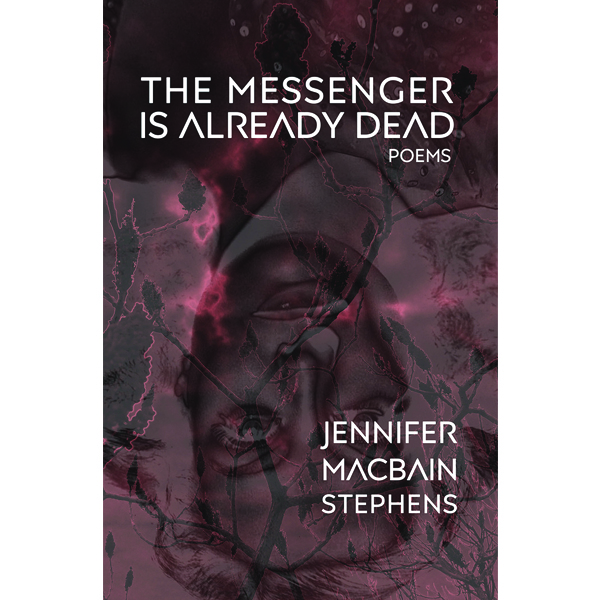
Jennifer MacBain-Stephens, The Messenger Is Already Dead
(Stalking Horse Press)
There’s a stunning series of contrasts that run throughout the poems in The Messenger Is Already Dead, which dive into history, aesthetics, and the quotidian with equal skill. And somewhere along the way, it establishes Joan of Arc and Jenny Holzer as two of its chief points of reference, which seems eminently suitable for 2017.

Morgan Parker, There Are More Beautiful Things Than Beyoncé
(Tin House)
As the title of Morgan Parker’s collection suggests, there are more than a few allusions to pop culture in this collection. But just as pop music has become increasingly complex and politically resonant, so too do these poems explore all things sociopolitical in unexpected ways.
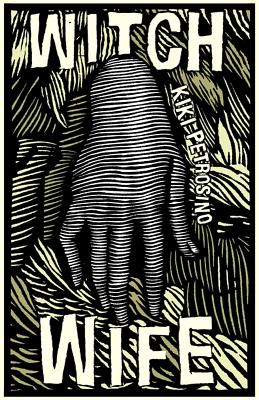
Kiki Petrosino, Witch Wife
(Sarabande Books)
Sometimes these poems utilize archaic language and tap into the timeless and mystical; at others, they address specifically personal concerns of everyday life. What makes this collection soar, then, is the way in which its structure erases the boundaries between these two seemingly opposite approaches.
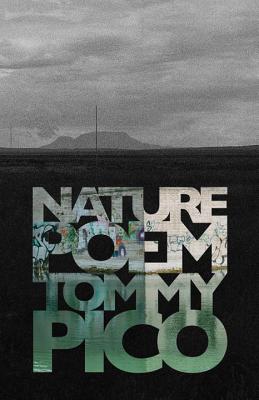
Tommy Pico, Nature Poem
(Tin House)
What is a nature poem in 2017? What does it mean to write a nature poem in 2017? In his followup to the fantastic IRL, Tommy Pico interrogates the form in which he’s writing even as he explores history on scales both intimate and grand.

Erika L. Sánchez, Lessons on Expulsion
(Graywolf Press)
In an impressive array of tautly constructed poems, Erika L. Sánchez evokes a host of conflicting emotions over the course of Lessons on Expulsion. There are allusions to everything from horrific acts of violence to moments in literary history to the visceral nature of bodies; the resulting collection is frequently devastating.
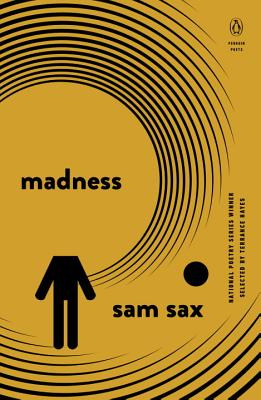
Sam Sax, Madness
(Penguin)
Blending archaic medical language with jarringly personal passages, Sam Sax’s Madness makes powerful use of structure and allusion to create a tangible map of its author’s mind. What emerges is an empathic examination of all aspects of life, from depression to desire–and an often revelatory blend of old and new.

Danez Smith, Don’t Call Us Dead
(Graywolf Press)
Danez Smith’s writing blends a comprehensive awareness of the potential and history of the form with an urgency that befits the subjects covered in these poems. This is a book that grapples with powerful issues, from racist violence to questions of mortality, and where a handful of lines can sometimes merit a pause for the sheer weight of their import.
Follow Vol. 1 Brooklyn on Twitter, Facebook, and sign up for our mailing list.
